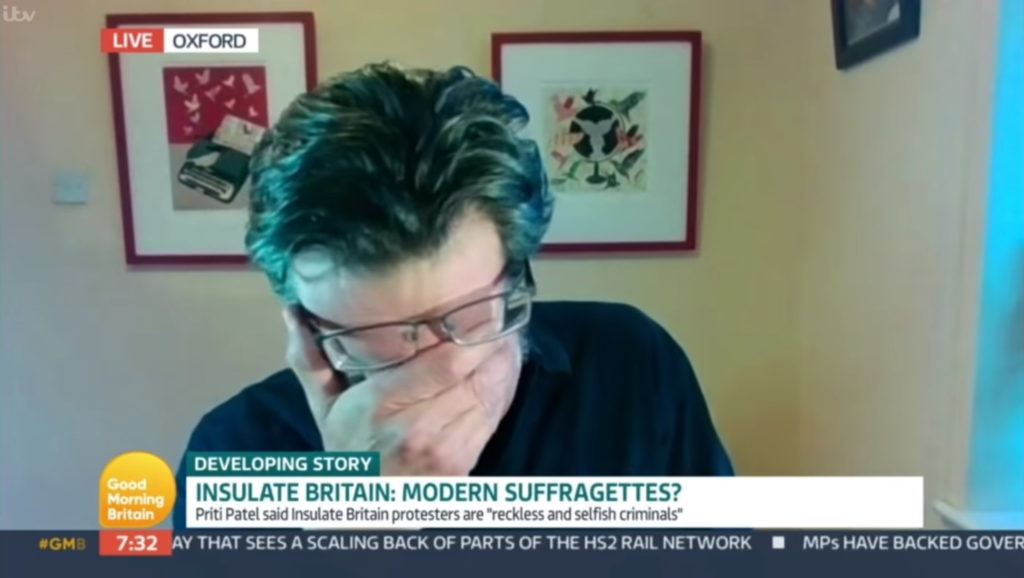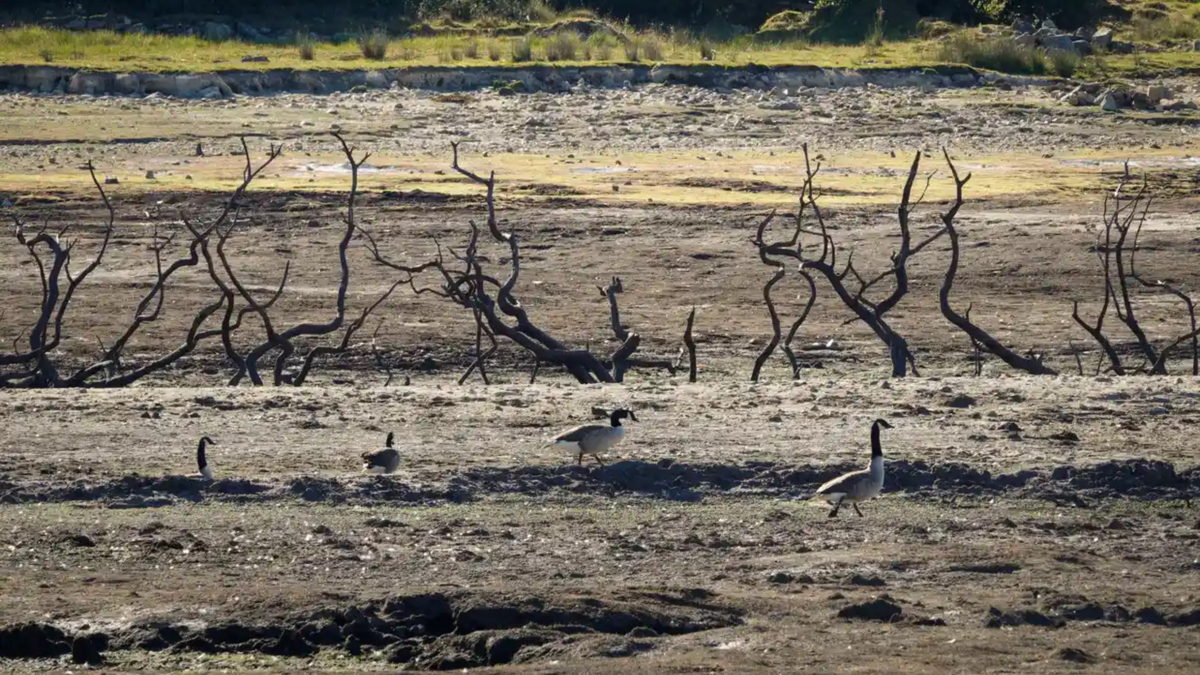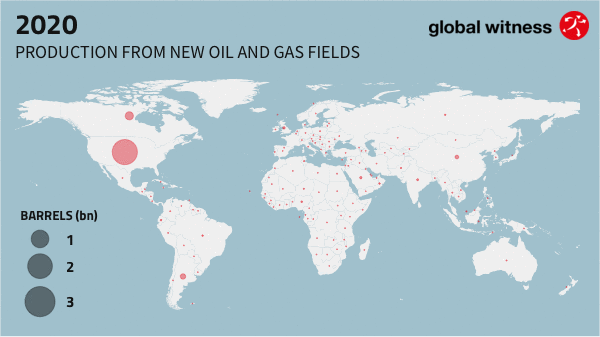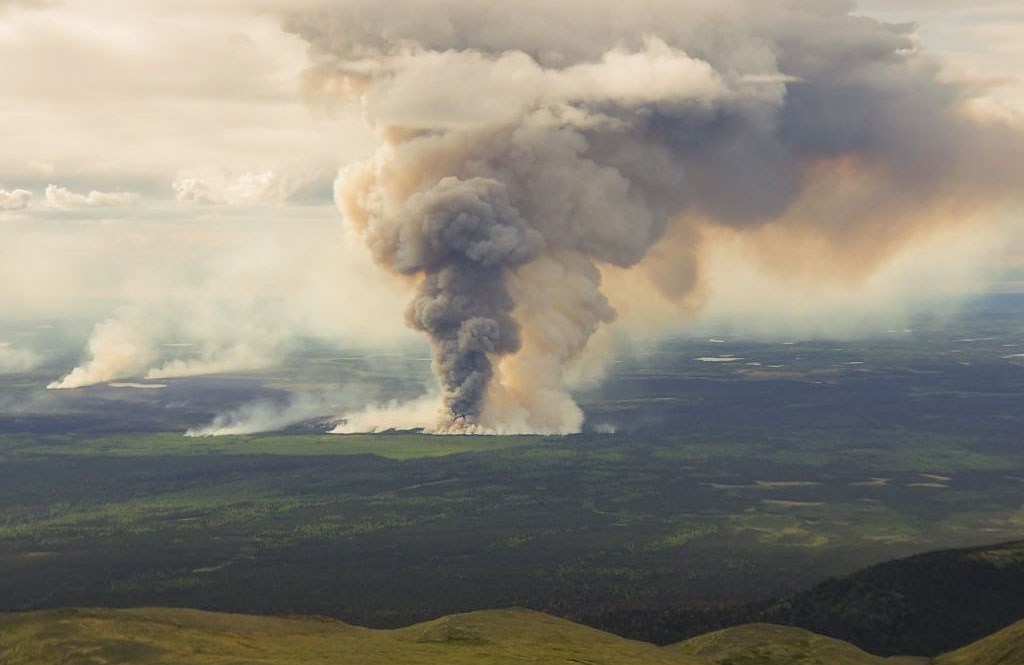Monbiot: Watching “Don’t Look Up” made my whole life of climate campaigning flash before me – “It’s very hard to talk about it without crying, because it’s the end of everything”

By George Monbiot
4 January 2022
(The Guardian) – No wonder journalists have slated it. They’ve produced a hundred excuses not to watch the climate breakdown satire, Don’t Look Up: it’s “blunt”, it’s “shrill”, it’s “smug”. But they will not name the real problem: it’s about them. The movie is, in my view, a powerful demolition of the grotesque failures of public life. And the sector whose failures are most brutally exposed is the media.
While the film is fast and funny, for me, as for many environmental activists and climate scientists, it seemed all too real. I felt as if I were watching my adult life flash past me. As the scientists in the film, trying to draw attention to the approach of a planet-killing comet, bashed their heads against the Great Wall of Denial erected by the media and sought to reach politicians with 10-second attention spans, all the anger and frustration and desperation I’ve felt over the years boiled over.
Above all, when the scientist who had discovered the comet was pushed to the bottom of the schedule by fatuous celebrity gossip on a morning TV show and erupted in fury, I was reminded of my own mortifying loss of control on Good Morning Britain on 18 November 2021. It was soon after the Cop26 climate conference in Glasgow, where we had seen the least serious of all governments (the UK was hosting the talks) failing to rise to the most serious of all issues. I tried, for the thousandth time, to explain what we are facing, and suddenly couldn’t hold it in any longer. I burst into tears on live TV.
I still feel deeply embarrassed about it. The response on social media, like the response to the scientist in the film, was vituperative and vicious. I was faking. I was hysterical. I was mentally ill. But, knowing where we are and what we face, seeing the indifference of those who wield power, seeing how our existential crisis has been marginalised in favour of trivia and frivolity, I now realise that there would be something wrong with me if I hadn’t lost it.
In fighting any great harm, in any age, we find ourselves confronting the same forces: distraction, denial and delusion. Those seeking to sound the alarm about the gathering collapse of our life-support systems soon hit the barrier that stands between us and the people we are trying to reach, a barrier called the media. With a few notable exceptions, the sector that should facilitate communication thwarts it.
It’s not just its individual stupidities that have become inexcusable, such as the platforms repeatedly given to climate deniers. It is the structural stupidity to which the media are committed. It’s the anti-intellectualism, the hostility to new ideas and aversion to complexity. It’s the absence of moral seriousness. It’s the vacuous gossip about celebrities and consumables that takes precedence over the survival of life on Earth. It’s the obsession with generating noise, regardless of signal. It’s the reflexive alignment with the status quo, whatever it may be. It’s the endless promotion of the views of the most selfish and antisocial people, and the exclusion of those who are trying to defend us from catastrophe, on the grounds that they are “worthy”, “extreme” or “mad” (I hear from friends in the BBC that these terms are still used there to describe environmental activists). […]
So, as we race towards Earth system collapse, trying to raise the alarm feels like being trapped behind a thick plate of glass. People can see our mouths opening and closing, but they struggle to hear what we are saying. As we frantically bang the glass, we look ever crazier. [more]
Watching Don’t Look Up made me see my whole life of campaigning flash before me
Transcript: George Monbiot interview on ITV about Insulate Britain’s actions
18 November 2021 (ITV) – […] Well, regardless of what you think about their [Insulate Britain’s] tactics there’s no question that these people who’ve been locked up were acting in the hope of making a better world for everyone.
They’re trying to prevent the greatest crisis that humanity has ever faced, which is systemic environmental collapse, the collapse of our life support systems. They weren’t doing this for selfish reasons. They were doing it at great self-sacrifice.
It’s caused them a lot of harm. They’ve been sent to prison, and when people see that level of commitment and that level of self-sacrifice, that does turn people’s heads. People do begin to think, “Oh, hang on a minute, if they’re prepared to undergo that then they must really believe in what they’re doing, they must be really committed to it, and perhaps we should pay them more attention.” And this, as we’ve seen with many previous movements in history, is how change happens. […]
Well, there’s no question that they were breaking the law and they expected to be punished for breaking the law.
It’s a totally accountable action, in that they are saying, “Yes, this is who we are, this is our identity, we’re not trying to disguise what we’re doing, we’re not trying to disguise ourselves from the police. We put our hands up and say, ‘Fine, arrest us, we’re breaking the law.'”
What they’re desperately trying to do – and we really are desperate, now – is to say, “Look, the clock is ticking, time is running out on the greatest crisis that we’ve ever faced.”
You know, it’s almost unimaginable what we’re facing now, and it’s very hard to talk about it without crying, because it’s the end of everything.
I mean, it’s the end of our hopes, our dreams, our ambitions, our loves, our hates, everything we’ve dreamt of for our children, the good world that we want for them, that could go if global systems, Earth systems, reach a tipping point. The planet will flip from a habitable state to an uninhabitable state, and you know, Dawn, we love Dawn and bless her, but when she says, “Well, people are represented, and they can have their voice,” the great majority of the world’s people are not having a voice in this.
You know, we’re doing it to them. We, with our huge carbon emissions, the amount of fossil fuel we’re burning, we’re destroying the lives of people on the other side of the world. There are people in Bangladesh, people in sub-Saharan Africa, people in Central America, their lives are being absolutely trashed by the way we’re just going about our daily lives. Driving on the road, not insulating our homes, producing all these greenhouse gas emissions. We are literally destroying lives at a phenomenal rate right, now and those people are not represented in our decisions.
They’re not represented in our political system, and so the Insulate Britain protesters are just desperately, frantically, trying to get attention for the scale of what is happening here and the terrifying nature of it, which simply I’m afraid has not sunk in with most people. Most people are just simply not aware of how skilled this is. [more]
George Monbiot | Good Morning Britain | 18 November 2021 | Insulate Britain


